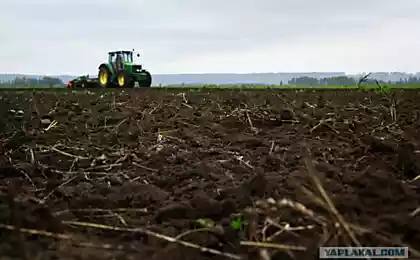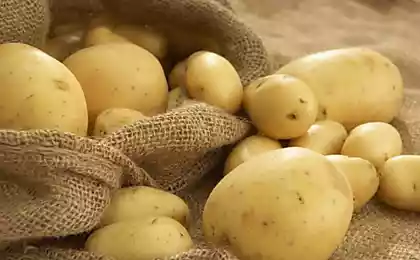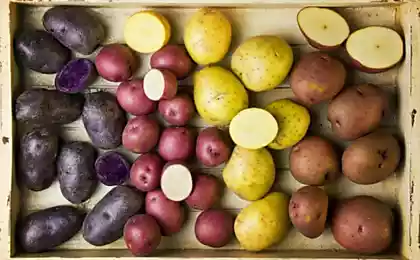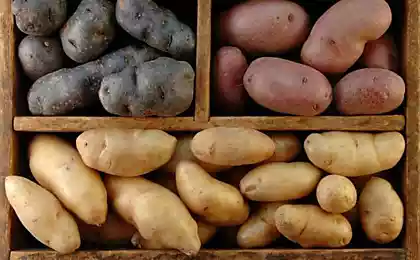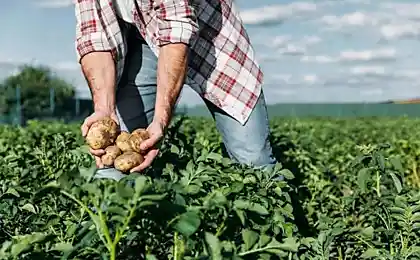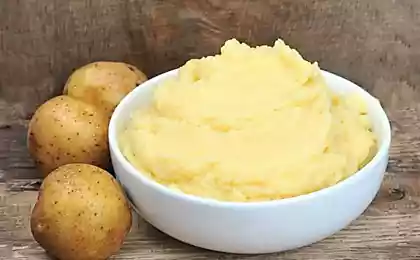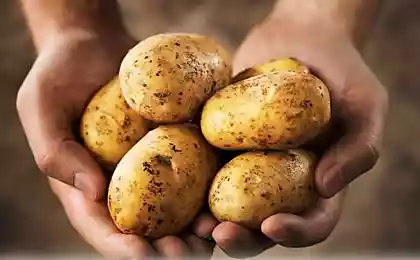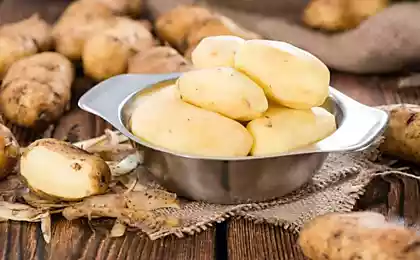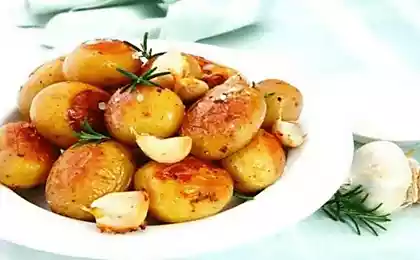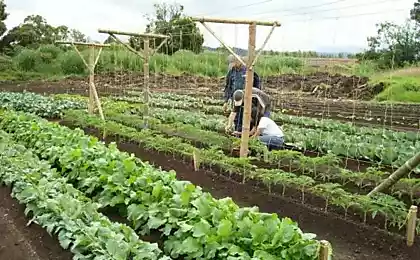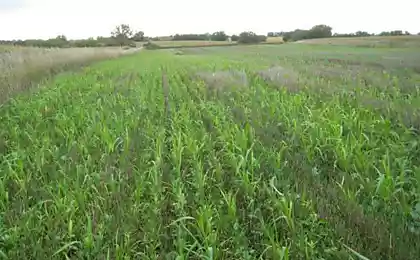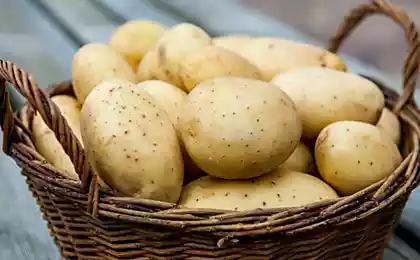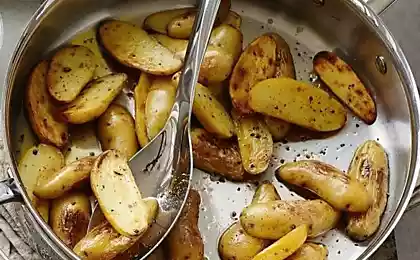168
Found in the Soviet book on growing potatoes this method, expel the wireman from the site instantly
Rarely does a pest cause gardeners as much trouble as a snapshot beetle. Or rather, not even the beetle itself, but its voracious larvae, which are commonly called wireworms. These insects cause irreparable harm to the planting of potatoes, radish, carrots. Do not disdain onions and even tulip bulbs. How to get rid of the wire without poisoning the soil with chemistry? The answers are in our article.
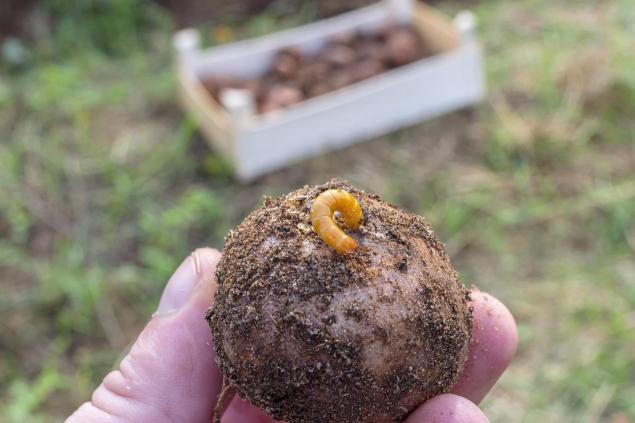
On average, one female snapshot beetle lays up to 200 eggs per season. The larvae that appeared from them live freely under the ground for 5 years. They are safe from predators and climate vagaries. And when they come across, the harvest is usually not saved.
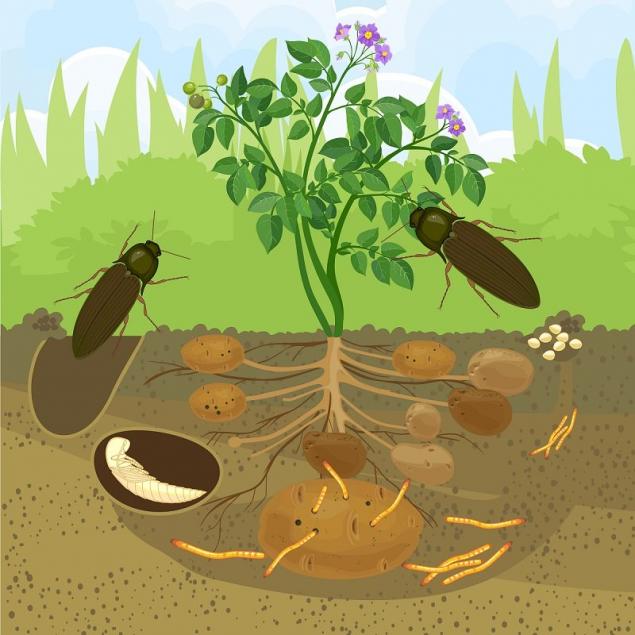
Next year, the situation threatens to repeat itself. After all, the wires remain in the winter, and in the spring they are taken up with a double force. In the face of this threat, some people run for insecticides. And others saturate the soil with shock doses of ammonium nitrate. As a result, nitrates accumulate in the fruits, the soil is oversaturated with a mineral and its nutritional properties are reduced.

But there is a natural remedy that the wireman is very not like. In addition, it improves the structure of the soil and protects plants from diseases. We're talking about ordinary mustard.

It is enough to sprinkle its seeds after collecting potatoes. Mustard will rise, grow, and go under the snow. In the spring it will be enough to plow the site to get a double benefit. First, the soil will be enriched with potassium, nitrogen and phosphorus. Secondly, the wire will be many times less.
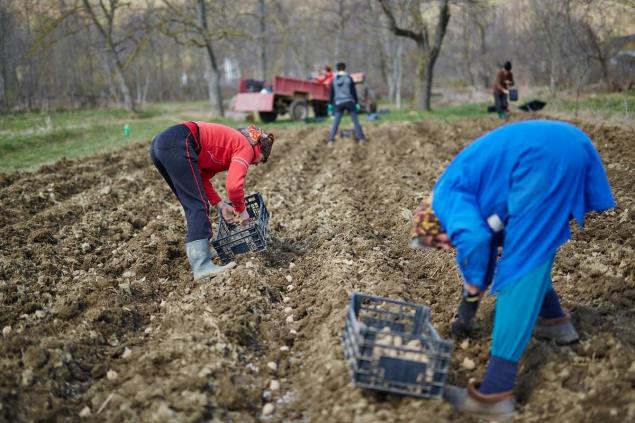
If the amount of wire goes beyond all limits, you can use another method. When planting potatoes, pour a teaspoon of dry mustard powder into each hole. You can amplify the effect. To do this, add to each hole a handful of onion husks mixed with spruce needles.
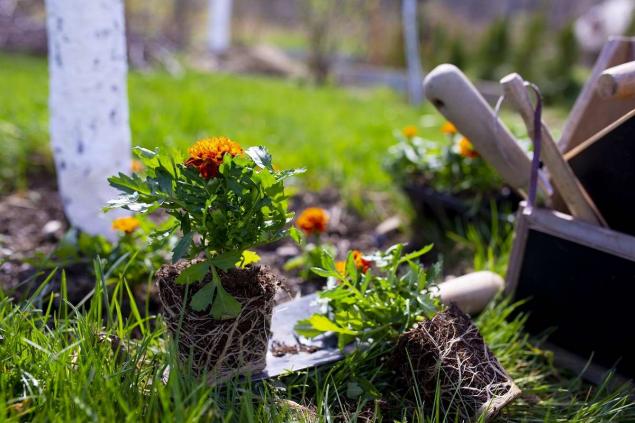
Repel voracious pest flowering bushes of calendula or velvets. In general, the wire is very fond of sour soil. Therefore, any actions aimed at its deoxidation will help. For example, the introduction of lime, chalk, dolomite flour or egg shells.
Aphids are considered one of the worst pests of gardens and gardens. Fighting her is very difficult. But we have prepared for readers an extensive selection of folk methods of combating this malicious pest. Plants-scarers, natural enemies, infusions, decoctions and spraying - in the war for the harvest, all methods are good.

On average, one female snapshot beetle lays up to 200 eggs per season. The larvae that appeared from them live freely under the ground for 5 years. They are safe from predators and climate vagaries. And when they come across, the harvest is usually not saved.

Next year, the situation threatens to repeat itself. After all, the wires remain in the winter, and in the spring they are taken up with a double force. In the face of this threat, some people run for insecticides. And others saturate the soil with shock doses of ammonium nitrate. As a result, nitrates accumulate in the fruits, the soil is oversaturated with a mineral and its nutritional properties are reduced.

But there is a natural remedy that the wireman is very not like. In addition, it improves the structure of the soil and protects plants from diseases. We're talking about ordinary mustard.

It is enough to sprinkle its seeds after collecting potatoes. Mustard will rise, grow, and go under the snow. In the spring it will be enough to plow the site to get a double benefit. First, the soil will be enriched with potassium, nitrogen and phosphorus. Secondly, the wire will be many times less.

If the amount of wire goes beyond all limits, you can use another method. When planting potatoes, pour a teaspoon of dry mustard powder into each hole. You can amplify the effect. To do this, add to each hole a handful of onion husks mixed with spruce needles.

Repel voracious pest flowering bushes of calendula or velvets. In general, the wire is very fond of sour soil. Therefore, any actions aimed at its deoxidation will help. For example, the introduction of lime, chalk, dolomite flour or egg shells.
Aphids are considered one of the worst pests of gardens and gardens. Fighting her is very difficult. But we have prepared for readers an extensive selection of folk methods of combating this malicious pest. Plants-scarers, natural enemies, infusions, decoctions and spraying - in the war for the harvest, all methods are good.
I hear sirens even when they are not there, what to do and how to deal with it.
Should I Date a Divorced Man Who Has Two Children?

